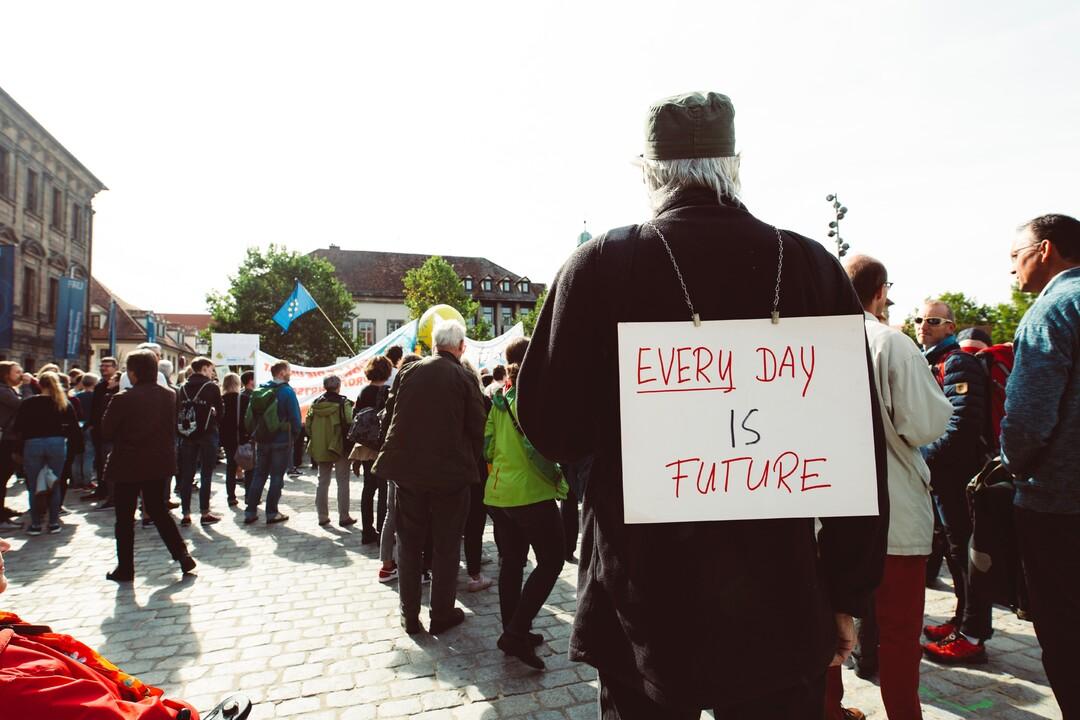
Last Friday, April 22, 1 billion people and more than 193 countries celebrated "The Earth Day". This day was firstly celebrated in 1970, after the Great Santa Barbara Disaster in 1969, the greatest environmental disaster in the History of the United States. In fact, more than 16 million liters of oil were spilled into the ocean, which happened as a consequence of an explosion on an oil platform on the California coast.
This cataclysm gave rise to a huge environmental movement whose ambitions are still celebrated today. However, as we can see from the current situation, its repercussions are still far from its aims. In fact, since the publication of the book: "The Limits of Growth", by Dennis and Donella Meadows, in 1972, an evident paradox persists. We know that the industrialization model and the exponential economic growth that we are feeding are not compatible with the limits of our Planet. Notwithstanding, we keep worsening the health of our Home.
This paradox leads me to a brief but intriguing reflection on how the present, the future, and the past history of our relationship with the planet is evolving. Can we look at this reality as humans and managers?
To analyze these questions, we should consider some facts.
The Planet is about 4.5 billion years old. Moreover, as we know it, modern man has lived on Earth for about 200,000 years. For simplification, if we imagine the Earth is 24 hours old and was born at 00:00, humans had just appeared at 23:58:43. Furthermore, the great Industrial Revolution took place around 1850, which curiously leads us to conclude that the Human Being risk appearing and disappearing from the Planet in just a few seconds.
This comparison is interesting for us, both as humans and managers. In reality, while modern management science and profession only emerged in the middle of the XX century with Peter Drucker, we can affirm that "The Manager" is the most ancient profession of all times. For the most devout, this is clearer in God's mission for the first Man. In fact, God entrusts Adam to "manage" and "care" for all the Earth's resources and goods. This way, we see many similarities between Adam’s and the manager's roles. In reality, the manager has no greater role than taking care of the goods entrusted to him and making them flourish and prosper (especially his people if he is a good leader!). When the opposite happens, and the expected prosperity gives way to failure, the manager loses, and so does his company.
On this Earth Day, as humans and as managers, do we feel our mission is to take care of our "Common Home"? Or do we just want to extract its short-term potential, even if we know that a future disaster is inevitable for the generations to come?
Peter Drucker used to say that "the best way to predict the future is to create it". As managers, who we are by essence, do we really want to create prosperity? Are we up to taking the Responsibility that our human Nature requires? Or do we prefer to resign ourselves to the "few seconds" that are left for us on Earth?
At one point, in order to test his strategy, Drucker asked Jack Welch, CEO of General Electrics: "If you weren't in this business, would you get into it today?", "If not, what would you do?". And then, Drucker added: "What would you need to abandon to be where you should?".
My question for us today is: Is there anything we can let go of (or bring in) in this Earth Day Celebration?
Have a great and impactful week!
Filipa Pires de Almeida
Deputy Director
Center for Responsible Business & Leadership
This article refers to edition #135 of the "Have a Great and Impactful Week" Newsletter and covers SDGs 2, 12 and 17.
Subscribe here to receive the weekly newsletter